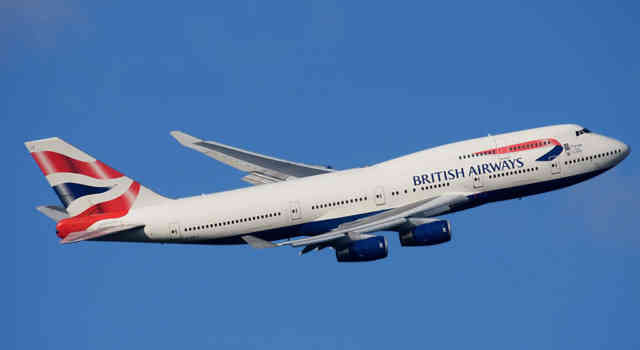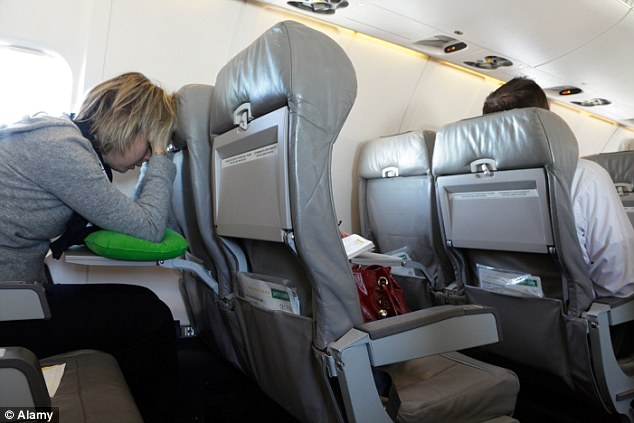However, the company believes that the UK flight delay incident has not affected its prospects in the Gulf and that it will be going ahead as planned with its project in the United Arab Emirates. Read on for more details about the glitch, the project and how the entire incident has impacted the company from the European flight delay news updates.
NATS is sure its prospects in the Gulf are intact
NATS (National Air Traffic Services) Holdings is the leading company that manages air traffic across the United Kingdom. It is a public-private partnership company that is partly owned and controlled by the British government. The company was contacted by the Gulf Cooperation Council (GCC) to help with air traffic operations in the region.
Although many thought and believed that the software glitch would put that project on hold, it seems like NATS is going ahead in assisting GCC to help clear its air traffic control problems.
What was the software glitch in the United Kingdom?
In December of 2014, NATS, which controls all the major air traffic in the United Kingdom, had a system failure. As a result, flights all across South-East England and London were delayed or cancelled, and thousands of passengers were left stranded in airports. A total of 108 flights that were supposed to take off from Heathrow were cancelled over a 12 hour time period. Gatwick airport did not face cancellations, although many of the flights were delayed.
NATS, according to statements released in the European flight delay news, said that there was a transition taking place in their servers, which caused air traffic controllers to lose access to flight data for a short period of time. The company clarified that radar picture and communication lines were not disrupted, and that there was no compromise in safety during the time their computers were down.
What is the project in the Gulf all about?
NATS was contacted by GCC to help with better air traffic control in the Gulf region. NATS is known for its efficiency in minimizing delays and maximizing air traffic to accommodate higher number of flights in extremely busy airports like Heathrow. In the last few years, the Gulf has built some brilliant airports and architecture that can support the high traffic that the region sees. The Dubai airport is the busiest in the world today. However, due to poor air traffic control, more than 80 percent of the flights are delayed by at least a few minutes, with the average delay being 36 minutes for every flight.
The GCC needed NATS to help better the air traffic control standards in the Gulf and help match European standards, which are known to be the best, in the region. Being able to reduce delays will help airlines and airports operating in the region to accommodate more flights and reduce passenger complaints.










